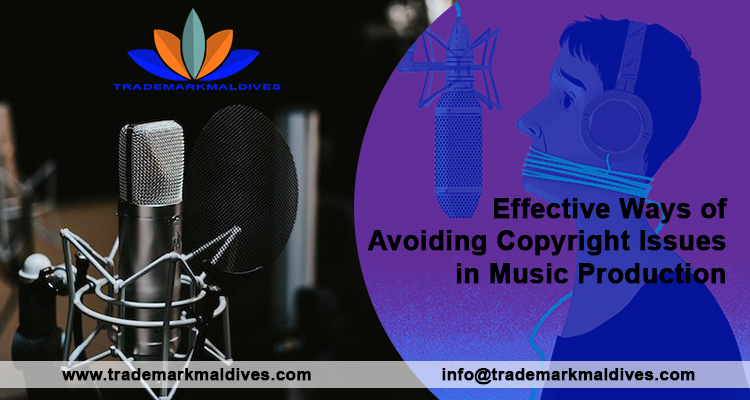The Delhi High Court (HC) has recently directed the globally accessible freemium, cloud-based, cross-platform instant messaging service, Telegram, to go against its privacy policy and reveal the source and details of its channels. The Delhi HC wants the platform to disclose the details of channels and devices used to disseminate alleged copyright infringing content, along with the email ids, IP addresses, and mobile numbers of such users, in a sealed cover.
By dismissing Telegram’s argument, which said that it couldn’t reveal user information as the same would infringe upon its privacy policy and the laws and regulations of the jurisdiction where its physical servers are located, Justice Prathiba M. Singh stated that even under the provisions of the IT Act, including Section 79(3)(b), Telegram is responsible for expeditiously removing or disabling access to the unlawful material or content, without vitiating the evidence in any manner.
In this case, the Delhi HC was dealing with a lawsuit filed by plaintiffs Neetu Singh and K.D. Campus Pvt. Ltd, seeking a permanent injunction restraining Copyright Infringement, damages, and other relief concerning the unauthorized dissemination of the plaintiffs’ books, lectures, videos, etc.
In the 51-page long order given by the Delhi HC to Telegram, the Court said that Indian courts would be appropriately justified in ordering Telegram, which runs its significant and massive operations in India, to adhere to the Indian laws and regulations, and orders passed by them for disclosure of crucial information relating to infringers.
The order further mentioned that just because of Telegram’s argument stating it chooses to locate its server in Singapore, the same can’t result remediless against the actual infringers. It even asserted that if such arguments are accepted, specifically in the present era, where most dissemination takes place through online messaging platforms and services, then Intellectual Property (IP) violations and infringements would go entirely unchecked.
The order specified that the provisions of the IT Act and the Rules made therein have to be construed harmoniously with remedies and exclusive rights provided to the copyright owners and holders under the Indian Copyright Act. As per the order, the Indian courts are competent enough to decide issues concerning copyright infringement; the mere fact that Telegram runs a messaging service in India and chooses not to locate its servers in the nation can’t deprive the Indian courts of dealing well with copyright-related disputes or the copyright owners of availing their remedies in the Indian courts.
The order even mentioned that in the current era of cloud computing and declining national boundaries in data storage, the conventional concepts of territoriality couldn’t be applied strictly, which is why the dynamic evolution of law is crucial to ensure appropriate remedies in copyright infringement instances and violation of other IP laws. For more visit: https://www.trademarkmaldives.com
Don’t forget to follow us on social media:
Facebook – https://www.facebook.com/trademarkmaldives/
Twitter – https://twitter.com/trademarkmaldiv
Linkedin – https://www.linkedin.com/company/trademarkmaldives/
Pinterest – https://in.pinterest.com/trademarkmaldives/











Comments